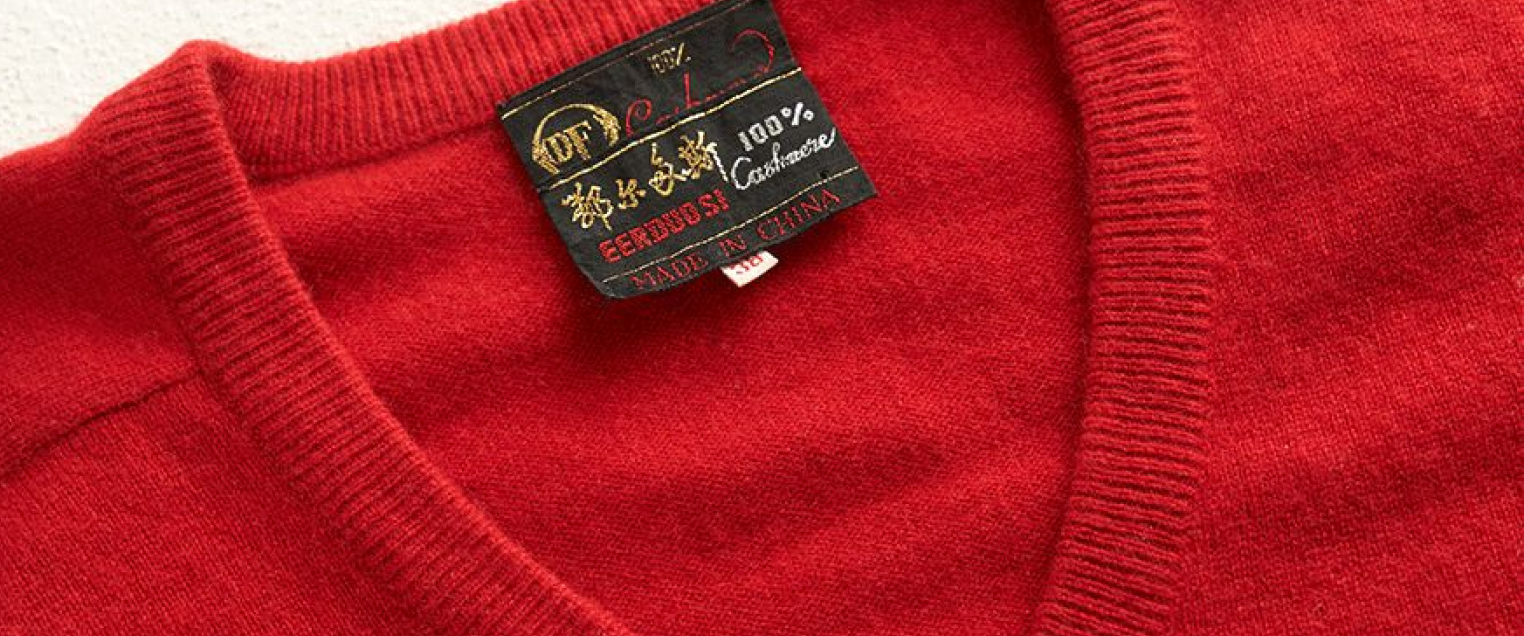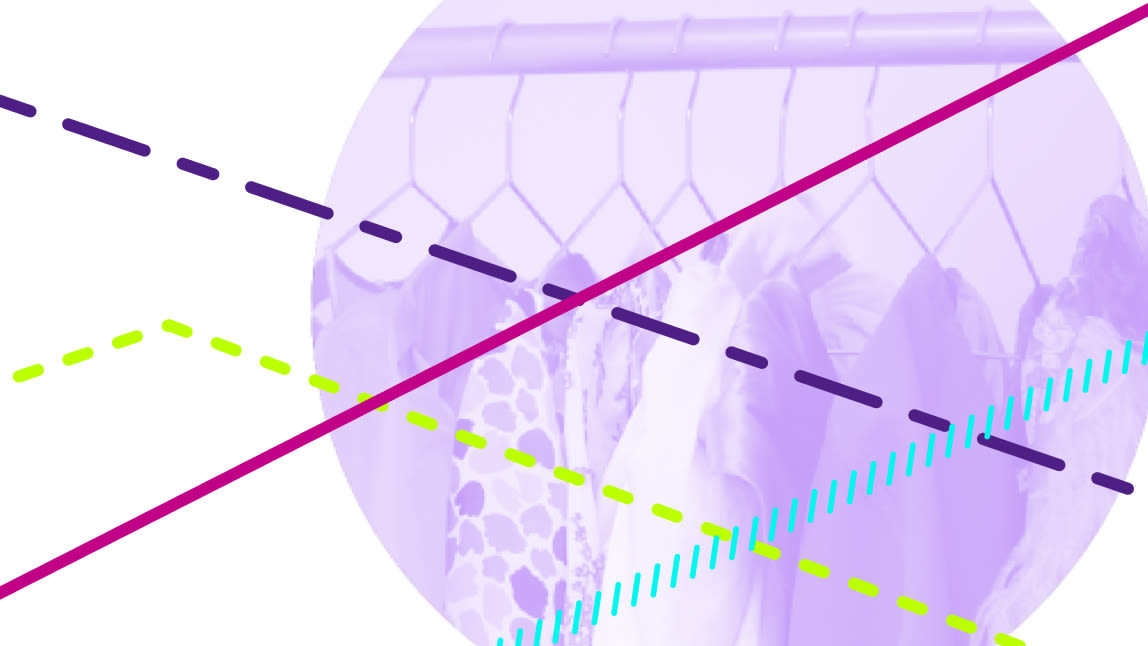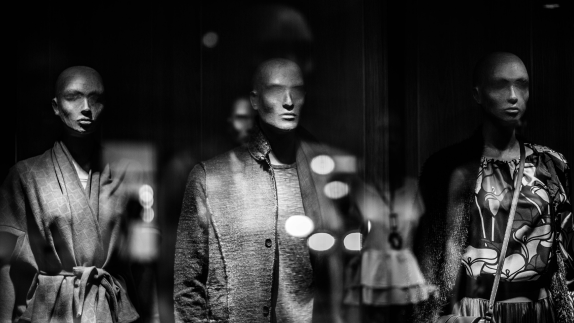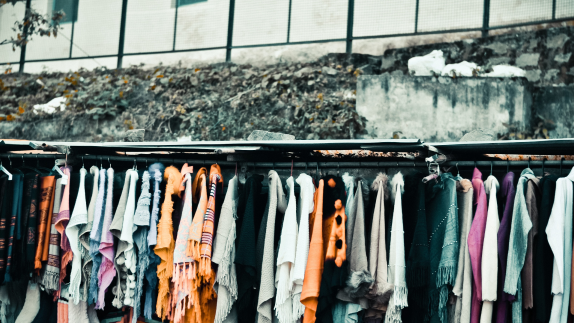
As a leading enterprise of the Chinese textile and apparel industry, the ERDOS Group advocates the circular economy model through material and product innovation and maximising their use through repair services.
What they do:
ERDOS Group has established the ERDOS Cashmere Care Center in Beijing and several major cities to offer cleaning, maintenance, and repairrepairOperation by which a faulty or broken product or component is returned back to a usable state to fulfil its intended use. services to their member customers. Any customer can become a member and accumulate credits to be “cashed” in exchange for these services. Centralised and specialised care services can reduce the impact on the environment by reducing water and detergent consumption. Many cashmere garments worn for over 20 or even 30 years were sent for care.
Apart from the care services provided by the group, ERDOS brands are promoting various other sustainability programs. ERDOS 1980 introduced the ‘Sweater reborn service’ in 2018. Customers can place an order online or in a store and have an adult cashmere item modified into a children’s item by professional crafters. It’s designed for customers who want to transform their cashmere sweater into a new one for their kids. This innovative alteration service not only enables the reusereuseThe repeated use of a product or component for its intended purpose without significant modification. of obsolete cashmere clothing, but also gives it a deep sense of inheritance, showing the emotional connection between generations.
Why is it an example of the circular economy?
Cashmere is a rare natural resource. With the deterioration of the natural environment, especially as desertification affects pastures, cashmere goats have less habitat for survival, it is becoming impossible to maintainmaintainKeep a product in its existing state of quality, functionally and/or cosmetically, to guard against failure or decline. It is a practice that retains the highest value of a product by extending its use period. uninterrupted supply and production of cashmere. Therefore, it is important to increase its utilisation rate through the industrial chain. The circular economycircular economyA systems solution framework that tackles global challenges like climate change, biodiversity loss, waste, and pollution. It is based on three principles, driven by design: eliminate waste and pollution, circulate products and materials (at their highest value), and regenerate nature. model, which covers the whole industrial chain from production, sales to after-sales service, allows for more durable cashmere through proper care, repairs and alterations, thus reducing and avoiding pollution and waste of cashmere.
What are the benefits?
ERDOS Group advocates sustainable consumption with its post-sales care services, helping the customers to learn the way of maintenance. It cultivates care for the cashmere product, changes consumption behaviors, and conveys the idea of environment protection to the customers. ‘Sweater reborn service’ aims to upgrade products and services, which not only generate affection and innovative value to the cashmere clothes, but also meet the customers’ demand for quality.
In recent years, China’s consumption pattern is shifting from being driven by passive demand to active pursuit of quality. Thus, the added value of the product besides functionality is becoming more important. The additional post-sales care service and ‘Sweater reborn service’ programmes have effectively established a service model, encouraged collaborative shopping habits, and provided development ideas for meeting the new trend.
Also, as customers are becoming more environmentally aware, these services let ERDOS interact with them in a meaningful way, which generates understanding and loyalty for the brand.
From the customers’ perspective, using these services lets them wear high-quality clothes for a longer period of time, reducing the need to purchase clothes more often.
ERDOS Group has also completed a Life Cycle Assessment for its products in China and has since adopted a series of measures to effectively control pollution and waste from the production process. Between 2016 and 2020, water consumption was reduced by 14.49% and energy consumption was reduced by 12.47%.
The SHÀN collection included “Water/Oil/Stain Repellent” cashmere which with cutting-edge technology of safety and environmental protection, the new properties of water repellency, anti-grease, anti-adhesion and easy-to-care are added while keeping properties of the material soft and skin-friendly to the touch. “Whole Garment” cashmere is without stitching to hold different parts together to create a whole garment. No materials are wasted, promote high-efficiency production, reduce resources and energies consumption and environmental damages.
Through the specialised post-sales care service and the ‘Sweater reborn service' programme, they seek to minimize the environmental impact caused by water, detergent and energy consumption in the production and maintenance of clothes. Therefore, balancing environmental protection and economic development.
Published 23 November 2021






